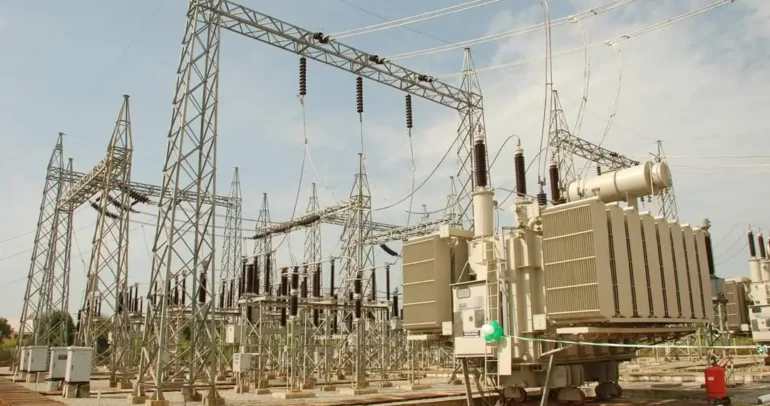The Transmission Company of Nigeria (TCN), has promised a backup or buffer system to ensure that Nigerians won’t be thrown into blackout whenever the national grid collapses.
TCN Managing Director, Sule Abdulaziz, gave this assurance during an interview on Sunday.
He blamed aged infrastructure as old as 50 years for the frequent grid collapses in the country.
Abdulaziz said, “Presently, we are doing the scatter system for the whole network and it is funded by the World Bank, and the project will take two years to be completed, and now, we have done 70% of the project.
“Almost a month ago, we were at Gwagwalada (in Abuja) with the World Bank where we celebrated the project. It is 70 percent completed. Once we have the scatter system, it will reduce the frequency of getting system disturbances.”
“We are trying to upgrade all our transmission lines,” he said, adding that though the government might not have enough money for the project, the TCN has been working in partnership with private companies to mobilise funds.
“The honourable minister is now working with the presidency to have that approval. This is what we call the super grid.
“By the time we have it, even if there is a fault in one transmission line, you can switch to the one so that we have an alternative but now, the type of grid we have, once we have a problem with the line, you have no other line to switch on to,” he said.
The TCN boss said the investment in critical electricity generation and transmission infrastructure must be continuous.
He said Nigerians are paying more for power because electricity production is not easy and that citizens on Band A now enjoy 24-hour electricity, a claim many residents would contest.
Abdulaziz said despite the electricity tariff hike, power in Nigeria has remained cheaper than what is obtainable in neighbouring Chad, Mali, Burkina Faso, and other African countries.


